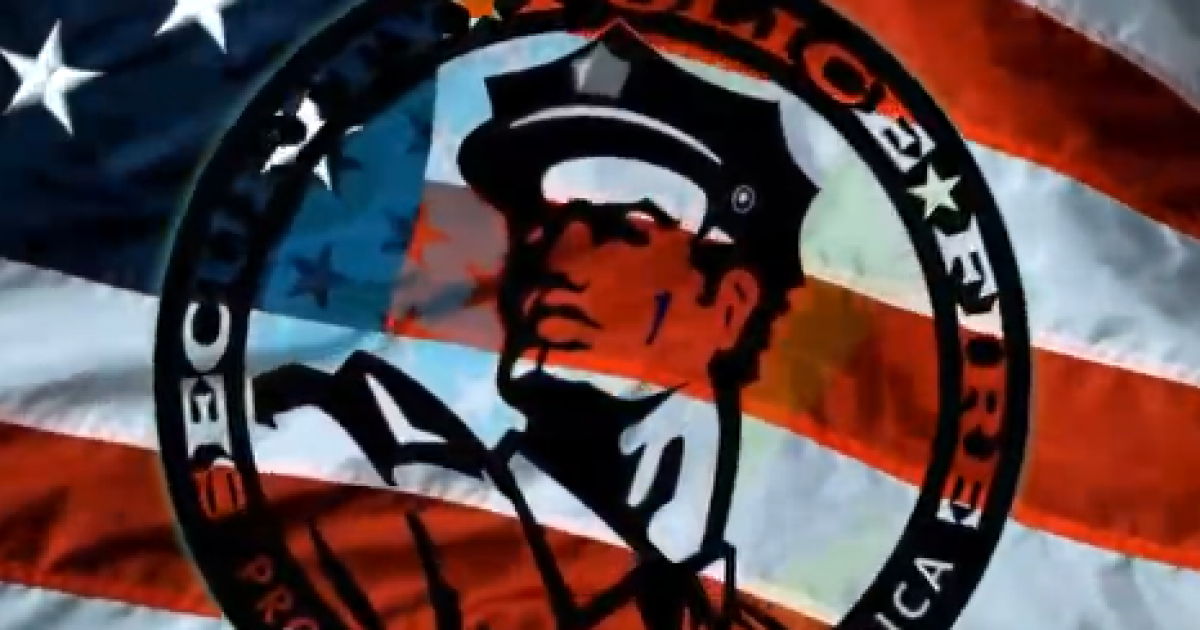
November was a solid month for those of us craving for victories against Big Labor.
Las Vegas security guard Justin Stephens and his coworkers were able to win a settlement against the Security, Police & Fire Professionals of America (SPFPA) union on November 5, 2020.
This came about after they made charges back in April accusing the union of confiscating dues from their paychecks. Such an action constituted a violation of their legal rights. In accordance with their settlement, union bosses must now refund over $4,200 to two dozen security guards, which includes Stephens. The security guards’ resignation from union membership was done in a timely manner, and they also attempted to stop the union bosses from deducting dues from their paychecks. However, these efforts were rejected by the union bosses who briskly extended their monopoly bargaining agreement with the guards’ employer.
Per the charge that Stephens filed at Region 28 of the National Labor Relations Board (NLRB) in Phoenix, SPFPA bosses extended the bargaining contract with Stephens’ employer, North American Security, on January 31, 2020. The extension took place one day after Stephens and a large number of his coworkers went to the federal courthouse in Las Vegas and sent letters to the union declaring that they did not want it present any longer as the monopoly bargaining agent at their workplace.
The charge detailed several of Stephens’ letter submissions to SPFPA leaders where he and his co-workers made attempts to assert their rights to withdraw from the union and stop having their dues being taken from their paychecks. These letters were sent right before the previous contract between North American Security and the SPFPA expired. It was set to expire within the period when the employees could legally stop dues deductions. Due to the fact that Nevada has a Right to Work law in effect, union bosses are prohibited from forcing employees to become union members or pay union dues as a condition of employment.
The charge asserted that the union “did not acknowledge the timely revocation the employees made on the anniversary” of the contract. This was largely because the union officials briskly extended the contract in order to eliminate any opportunity for the employees to cut off union dues before the existing contract expired on March 31.
SPFPA bosses kept gathering full union dues “from all non-member bargaining unit employees” in violation of their right under the National Labor Relations Act to withdraw from union activities and financial support, per the charge filed. In addition, Stephens’ charge claimed that the unions’ sudden extension of the monopoly bargaining contract after the workers informed the union about their opposition effectively represented “an apparent attempt to avoid a decertification” vote to kick out the union.
The settlement mandates SPFPA officials to carry out any resignations security guards make in a timely manner and inform North American Security to stop dues deductions from security guards who already had their resignations handled. SPFPA bosses are also required to return all illegally confiscated dues that were taken from Stephens’ and his coworkers’ paycheck. On future occasions, the settlement outlines that union officials must always “accept and timely process” resignations and demands for dues to no longer be deducted.
“It’s good news that Mr. Stephens and his hardworking colleagues have gotten back dues that were illegally taken from them by SPFPA union bosses who have demonstrated they are more interested in stuffing their coffers with union dues than respecting the wishes of the rank-and-file workers they claim to ‘represent,’’ declared National Right to Work Foundation President Mark Mix. “This type of legal trickery used by union bosses to stay in power even over the objections of most workers shows why the NLRB should eliminate the numerous policies that block workers from voting out or otherwise removing an unwanted union.”
“Ultimately, the root of this problem is the federal labor law which grants union bosses monopoly bargaining powers, allowing them to force their so-called ‘representation’ on individual workers who don’t want it and believe they would be better off without it,” continued Mix.



